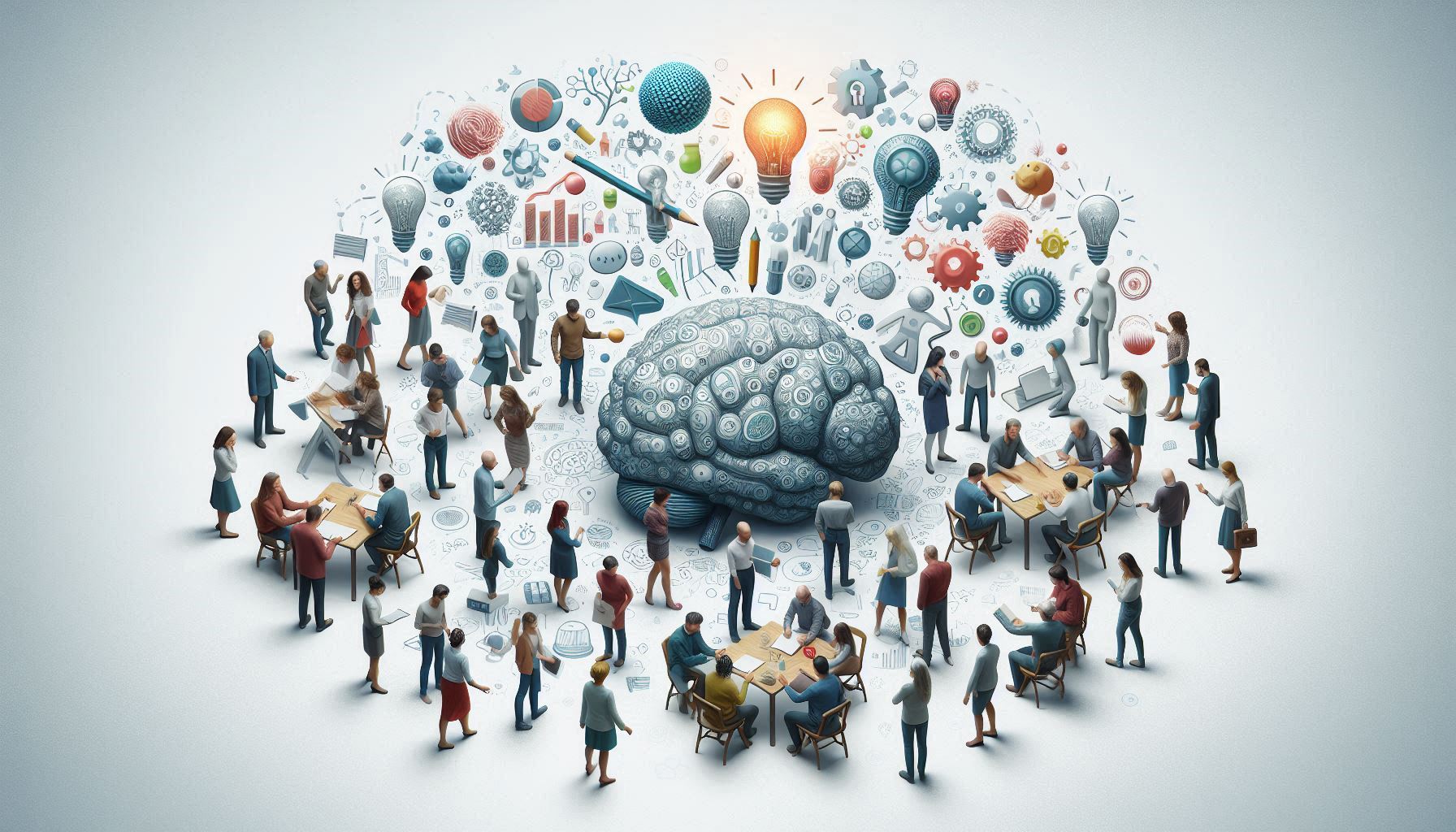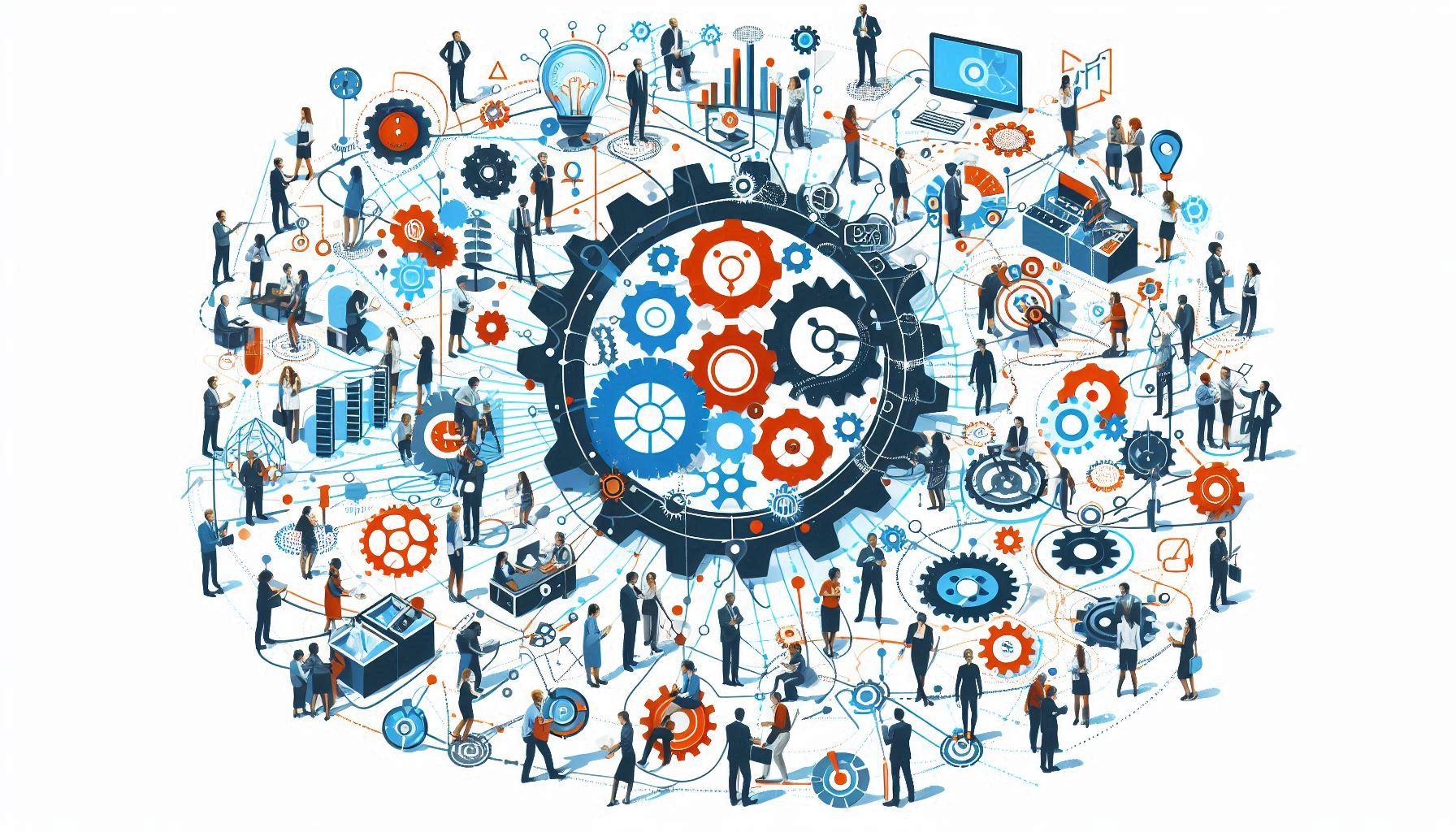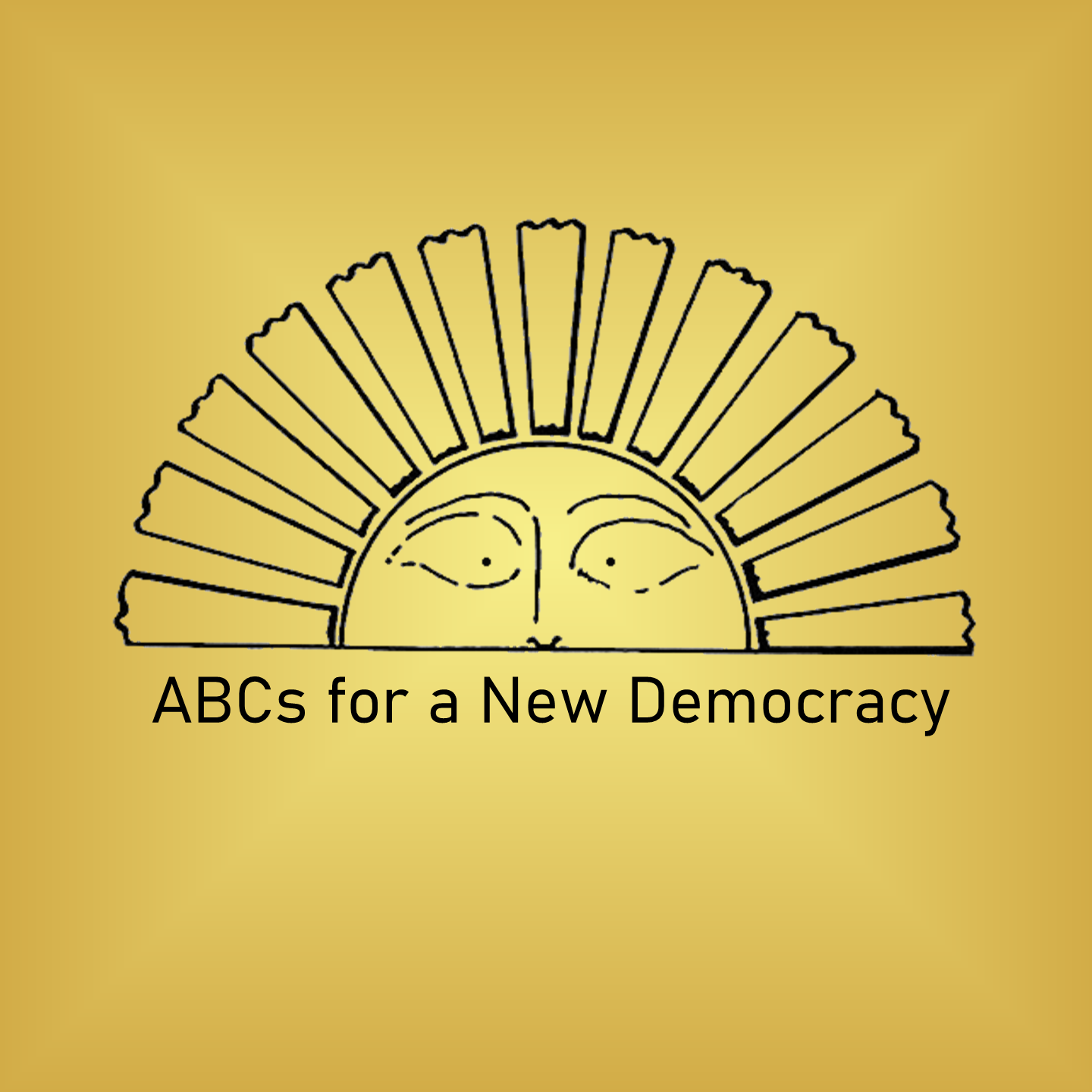What is Knowledge Activism?
Knowledge Activists are a new breed of local community workers who make use of the knowledge and caring found in each of us as well as from across the world. This means we play a critical role in the healthy functioning of our democracy. We do this by helping citizens to make sense of the important issues that are affecting our communities. Equipped with reliable knowledge, we are all empowered to make better decisions together.
Through our collaborations, we help our local communities to generate information and news that everyone can trust. Then, we distribute information and intelligence to media outlets, policymakers, activists and subscribers across the region. We also provide training and support to help communities form teams and develop their knowledge worker skills using innovative tools and methods.
What is Collective Intelligence?
Collective intelligence is based on the idea that a group with a variety of skills and perspectives can often solve problems more effectively than a group with less diversity. Collective intelligence is sometimes called collective wisdom, group wisdom, or co-intelligence.
As human challenges have grown in complexity, we have also learned how to amplify human intelligence through collaborative methods and practices. An expanding ecosystem now exists which seeks to scaffold greater collective intelligence among humans. This ecosystem includes a growing community of practitioners, technologists, policymakers, academics, scientists, activists, and citizens.
More recently, collective Intelligence practitioners and researchers are exploring how people and computers can collaborate to generate even greater amplification of our human intelligences. The goal is to enable collectively-intelligent enterprises that can act with more wisdom and intelligence than any assemblage of humans or computers have ever done.
An important potential of collective intelligence is how it can enhance our democratic processes and institutions. This has led to pilots that use LLMs as deliberative democratic tools as well as efforts to build institutions and infrastructures for a commons-based approach to determine how best to use and control technology (particularly AI) for the public good.
The introductory White Paper from The Collective Intelligence Project puts it this way:
“Market incentives among only a few firms are not enough to set a public vision for what we do and don’t want from AI. Policy moves slowly, and the tools of policy can be coarse, making it difficult to adjudicate risk and reward trade offs. We need to do something different: incorporate collective input at the ground level, developing new ways to determine what is good and how to achieve it within the models themselves, and the control structures that govern them.”
Collective Intelligence acknowledges that human intelligences are much more complex and powerful than any purely computational intelligence. It therefore seeks to leverage our natural collective powers to wisely guide humanity in deploying exponential technologies, such as AI, that are radically transforming our world.
What is Cooperative Intelligence?
Cooperative intelligence is the ability to acquire and apply knowledge and skills that enrich collaboration between humans and machine-based intelligence. As our abilities in this area are always evolving, Cooperative Intelligence is an ongoing and emergent process, rather than a destination.
Cooperative Intelligence emphasizes the technological and sociological complexities involved with the applications of AI. As multiple AI systems cooperate together, the exponential risk increases, even when AI systems are cooperating with human input. Workers in the field often refer to “dual-use” capabilities which points to the difficulty that increased AI capabilities can result in harm to humans. Cooperative Intelligence tends to emphasize computational methods as the primary means to regulate the emerging dangers of exponentially more powerful AI.
The field currently emphasizes objective, or even automated machine-managed, methods for the monitoring and control of such evolving AI systems. This stands in contrast to the approach of Collective Intelligence which seeks to include and integrate human pluralistic and deliberative means for working with AI. There are many challenges in creating purely objective mechanisms to manage AI. Without the benefit of our collective human wisdom, it is difficult to determine if our technological decisions are good for humanity.
Both Cooperative and Collective Intelligence acknowledge the challenges. Collective Intelligence includes and values subjective, cultural and pluralistic means for determining what is good for humanity. By contrast, Cooperative Intelligence primarily embraces the objective tools found in sociological and technological approaches. This over-emphasis on objective methods rather than including cultural, moral and ethical considerations is endemic to modern technological development. Such an approach fails to leverage the intrinsic power and value of our human intelligences. Many of these powers are not well understood but they are unique powers and they make us human.
What is Deliberative Democracy?
https://www.britannica.com/topic/deliberative-democracy
Who is behind Local Sense News?
What do Knowledge Activists do?
Here are some examples of the work Knowledge Activists do:
- Identify and prioritize target knowledge projects and challenges
- Collaborate in research teams focused on priority projects
- Develop and evolve a clear set of intentions for the team
- Help teams to gather information resources
- Consult with experts and community members to harvest ground-level wisdom
- Create libraries of digital assets and process these into intelligence
- Integrate information to identify the symptoms and causes of challenges
- Propose solutions and publish findings
- Run community projects to develop KA skills more widely
How can get involved?
Please Subscribe






